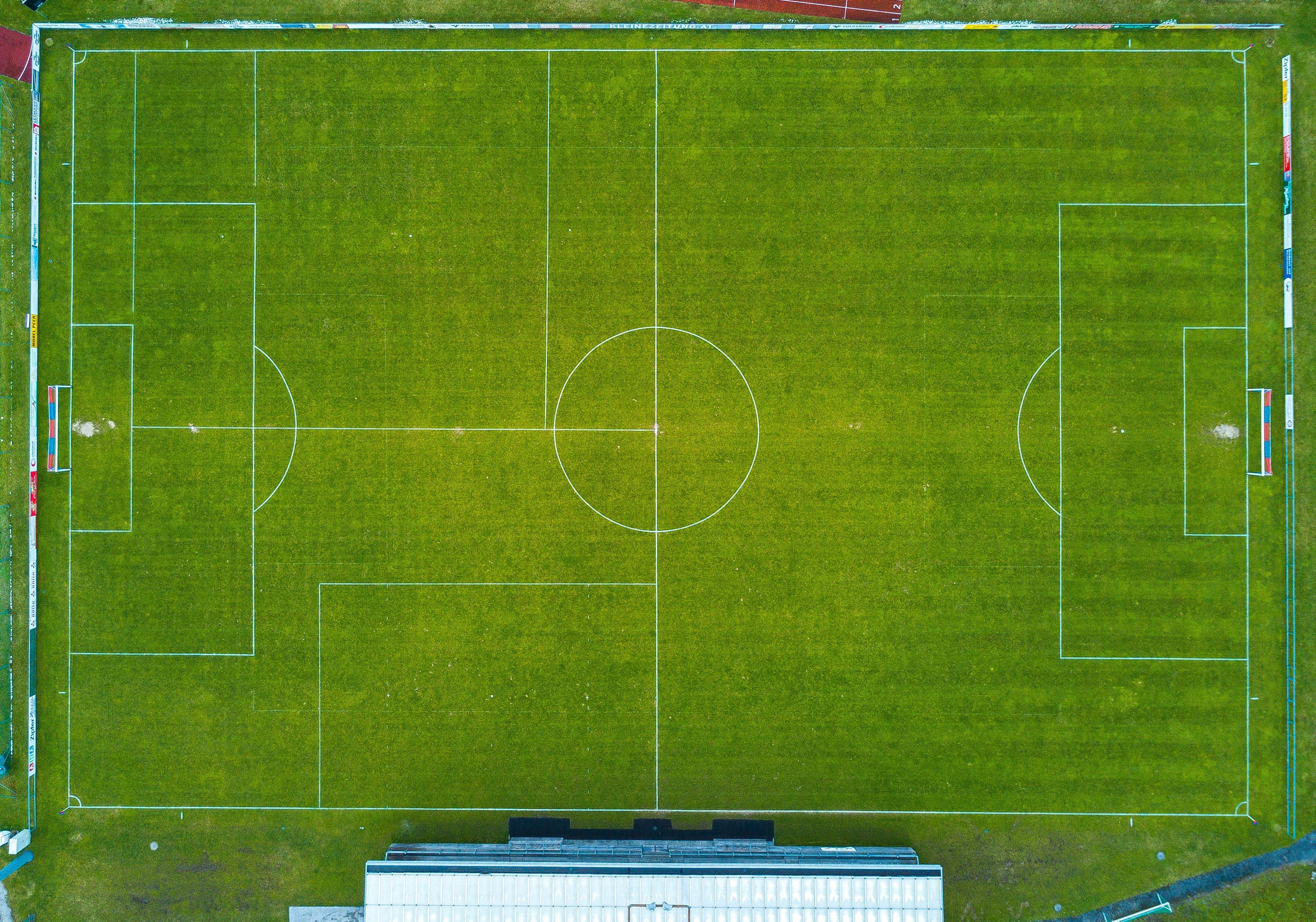This World Cup is a kick in the teeth for the LGBTQ community
Russia’s pejorative stance on LGBTQ rights has faced longstanding criticism from European nations. In June 2013, a Russian Federal Law banned ‘propaganda of non-traditional sexual relations against minors’ which has been dubbed by Western media as a ‘gay propaganda law’. Since the passing of this law, the Centre for Independent Social Research has recorded a doubling of Russian hate crime. Whilst we in the UK recently celebrated the repeal of our own ‘gay propaganda law’, better known as Section 28, in May, and just a year after horrific anti-gay purges in Chechnya, it is outrageous that FIFA should hand Russia the platform that the World Cup provides.
Growing up, the idea that anyone who was openly gay could enjoy sport was an alien concept to me. My own experience with sport brings back memories of being picked last for sports teams and the fear of being separated into single sex teams. However, 2018 has seen a wave of openly queer sportspeople like Gus Kenworthy platformed, individuals who are outspoken about the compatibility of their queerness and profession. The decision for Russia to host the Cup represent a devastating step back in this progress. It is a decision which alienates both queer football fans and proud footballers from commentary, having been asked by authorities to closet themselves during the tournament.
Official statements cannot heal the deeply ingrained animosity which Russians feel towards homosexuals
The Head of Russia’s Football Union, Alexei Smertin, has provided hollow assurances to European competitors that they will put to one side ‘family values’ during the World Cup. However, such assurances and so-called ‘protections’ for the LGBTQ fans mask a dark reality. Even before the first match, Russian authorities failed to protect a French couple from brain injuries sustained from a violent homophobic attack. Pride in Football have also reported receiving threats to ‘hunt down and stab’ gay football fans, and Cossack paramilitaries have also promised to patrol the games to prevent gay men kissing. Weak attempts at capitalist-driven ‘hospitality’ will only disappear after the World Cup, and the event has made the situation worse for those who remain, by confirming homosexuality as something foreign and ‘un-Russian’. Official statements cannot heal the deeply ingrained animosity which Russians feel towards homosexuals, and until something changes in the culture it is irresponsible for FIFA to place fans in such a dangerous situation.
Along with supporting the World Cup, individuals must also be aware of the culture they are supporting. The LGBTQ community must be wary of companies which promote rainbow flags and hashtags in the name of pinkwashing but are more than willing to pour money into the homophobic Russian regime and thus fund the pernicious laws that seek to violate our human rights. Direct action group Voices4Chechnya has been an outspoken critic in this respect, highlighting Budweiser’s contradictory stance in sponsoring of the World Cup alongside sponsorship of New York Pride, but such corporate sponsorship contradicts what it means to be an ally.
While we cannot expect football fans to boycott the World cup based around the needs of the LGBTQ community, a good ally will educate themselves on what their money is funding and will interrogate their own privilege
But what of the fans who consider themselves allies to the LGBTQ community but still want to enjoy the football? The verb ‘ally’ implies action, but this is complicated when action is made impossible, in a situation where the threat of imprisonment for dissent looms large in Russia. While we cannot expect football fans to boycott the World cup based around the needs of the LGBTQ community, a good ally will educate themselves on what their money is funding and will interrogate their own privilege when supporting Russia in this way. In our own country, we must not push aside discussions of the reality for LGBTQ Russians in the name of celebration and should build solidarity with our European neighbour through being loud and proud, and promotion of campaigns like Paddy Power’s in support of LGBTQ charities.
While Russian law is sharply at odds with FIFA’s statutes to respond to discrimination with ‘suspension or expulsion’, we can only hope that in the future organisations will be more conscientious of the knock-on effect that endorsement has on the bringing in of liberation groups. I hope that my cynical viewpoint towards those that view the 2018 World Cup the first step in introducing a wider change in policy is proven wrong. However, with the 2022 World Cup set to be held in Qatar, where homosexuality is outright illegal, it does not look as if FIFA will be taking the plight of the LGBTQ community seriously any time soon.

Comments (1)